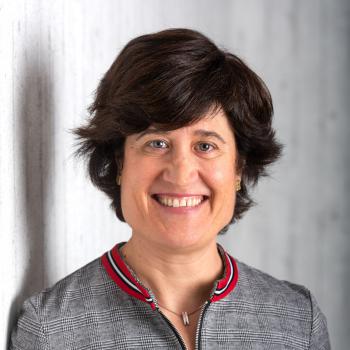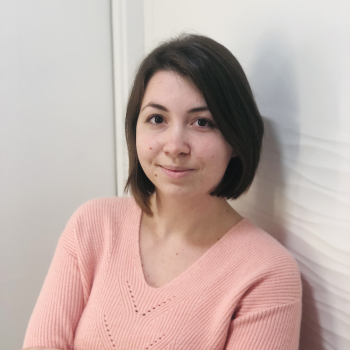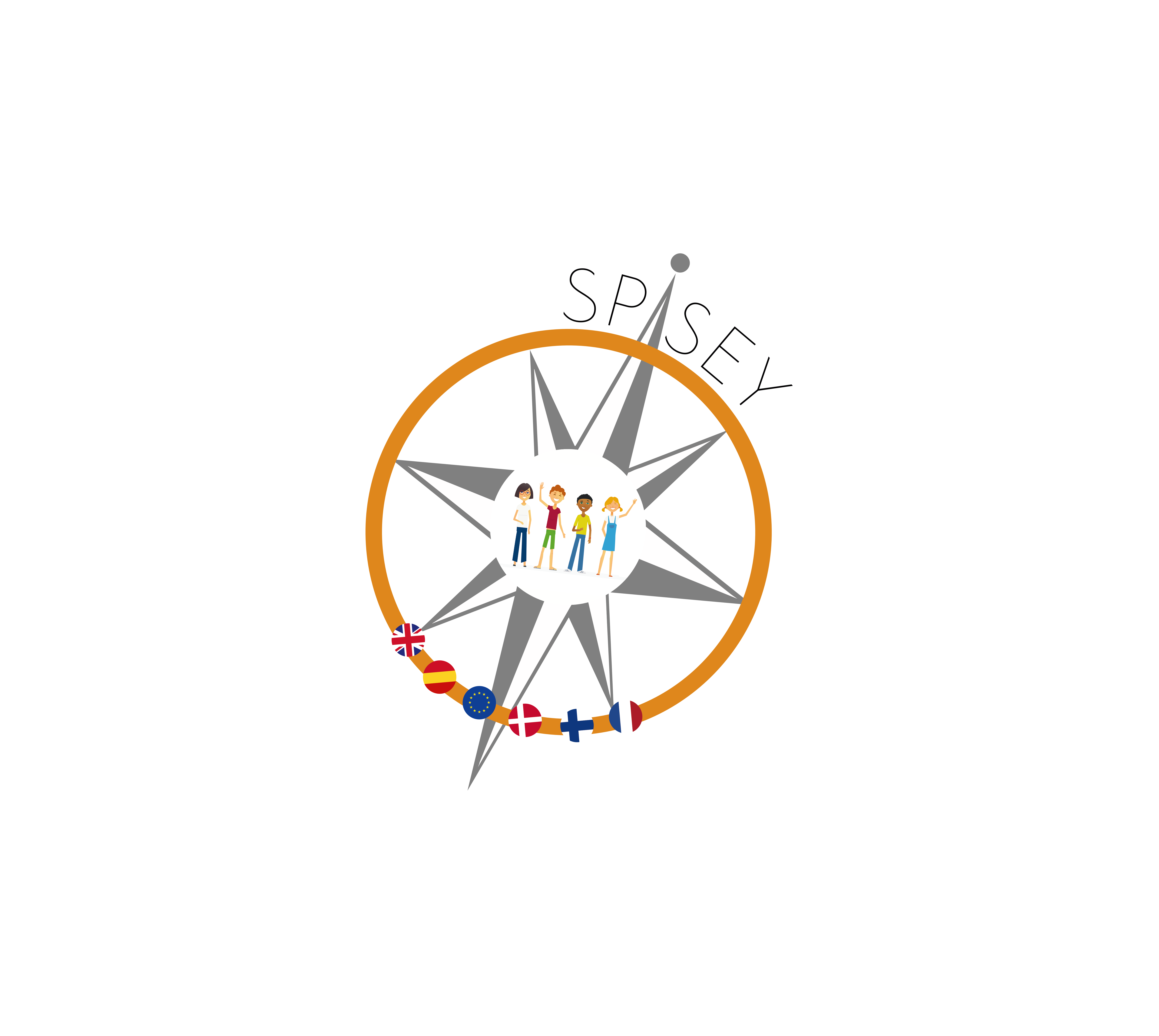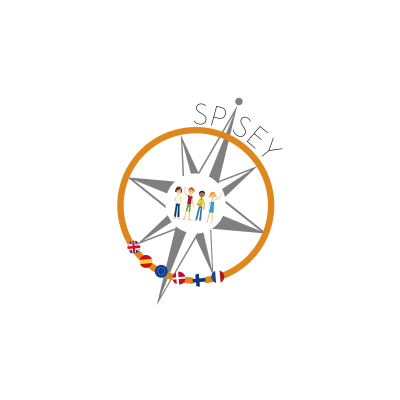Supporting Practices for Inclusive Schooling & Education for the Youth
Creating the inclusive school is a prerequisite for meeting the targets on “Employment” and “Education” as well as on “Poverty and Social Exclusion”. Further provision of inclusive quality education is actually a fundamental right for European citizens and is one of the fundamental 20 principles in The European Pillar of Social Rights (EPSR). We have therefore every reason, both economic and ethical, to work on the development and creation of an inclusive school, where the majority of children will find that school is a good place to be.
The SPISEY project is about creating an inclusive school from a management perspective, ensuring that all children and young people receive high quality education and reach a successful completion of a qualifying youth education. The purpose of this project is to develop, test and implement an innovative management model and methods for fostering the development of inclusive schools and learning environments in Europe.
In order to obtain the main purpose of the project, the general objective is to develop and implement an innovative, generic, strategic and inclusive management model, which can assist school managers, teachers and other educational staff to foster inclusive education. The following 5 specific results have been put forward for the project, which will support school managers and teachers to;
1) to identify how managers, teachers and other educational staff can best be supported on a strategic and practical level to foster inclusive schools and learning environments.
2) to develop, adopt and test a European Inclusion Compass, which is a generic inclusive leadership model, which contains concrete guidelines, activity catalogue, policy and implementation recommendations, good practice cases and a supportive facilitation concept to assist in the creation of inclusive education and schools within Europe
3) to initiate the creation of 2 inclusive schools, covering a range of different ages and types of schools within the participating member states, by running pilot projects where school managers, teachers and other educational staff receive training and coaching, and work actively with the inclusion compass in close collaboration with the project partners
4) to create a web based European reference frame and knowledge society based on all the results from the project, and
5) to raise awareness and disseminate knowledge and good implementation practice to relevant stakeholders on local, national and European level.

Manoli Pifarré Turmo

Associate Professor in Educational Psychology (tenure track), Department of Psychology and Pedagogy, Faculty of Education. Universitat de Lleida.
Honorary Research Fellow. Graduate School of Education. University of Exeter (U.K.)
Doctor in Psychopedagogy by the Universitat de Lleida (1999).
My research interest focuses on the dialogical use of technology as a tool that can promote the development of unique cognitive, metacognitive, and social processes. In this field of study, I have led six consecutive R&D projects funded by the Ministries of Education, Science, Universities and Competitiveness. Also, in this subject, I have led the UdL work team in three European research projects.
I lead the research group “Context and Cognition mediated by Information and Communication Technologies” –COnTIC. From 2005, the group has the recognition of Consolidated Research Group by the Generalitat de Catalunya.
I have carried out various research stays in international centres which have helped me to create a solid network of collaboration with other international research groups. Specifically, I did research stays as guest researcher at the Centre for Language and Communication -CLAC- The Open University (UK) with the team of Dr. Neil Mercer; at the Graduate School of Education at the University of Exeter (UK) with the team of Dr. Rupert Wegerif; at the Faculty of Education at the University of Cambridge with the team of Dr. Wegerif and Dra. Sara Hennessy and at the University College of London Knowledge Lab with the team of Dr Manolis Mavrikis.
I am currently participating as an Honorary Research Fellow at the University of Exeter in various research activities at the University’s Graduate School of Education. I am an associate research member of the Cambridge Educational Dialogue Research Group (CEDIR) at the University of Cambridge.
My research career has a dual purpose, on the one hand, to transform the teaching and learning processes in secondary education. As a result, part of my research has been done in high schools and I have worked closely and equally with teachers and students. On the other hand, my research aims to achieve high scientific quality in the use of technology in education.
Andreea Cujba

PhD Student at the Department of Psychology, Faculty of Education. Universitat de Lleida.
Graduated in Psychology (2014) and Master’s degree in General Health Psychology (2017), Universitat de Lleida.
She is currently an FPI fellow of the project Develop, orchestrate and evaluate collaborative creativity processes with mobile technology in secondary school (EDU2016-80258-R), funded by the Ministry of Economy and Competitiveness. She is doing her doctoral thesis within the framework of the Doctorate program in Education, Society and Quality of Life at the University of Lleida. She is focusing her PhD study on how the use of technology enhances the attitudes towards statistics in secondary education. She is also centred on collaborative work and problem-based learning as measures to reduce statistical anxiety.
She has experience as a researcher in different national and international projects. Her research interests are related with the role of interactive technologies in promoting social and cognitive development. Currently she is researching pedagogical and technological design for supporting and promoting collaborative creativity processes with technology.
Ascribed to the project "SPIDAS -Strategic Partnership for Innovation in Data Analytics in Schools", co-funded by the Erasmus+ Programme of the EU.




